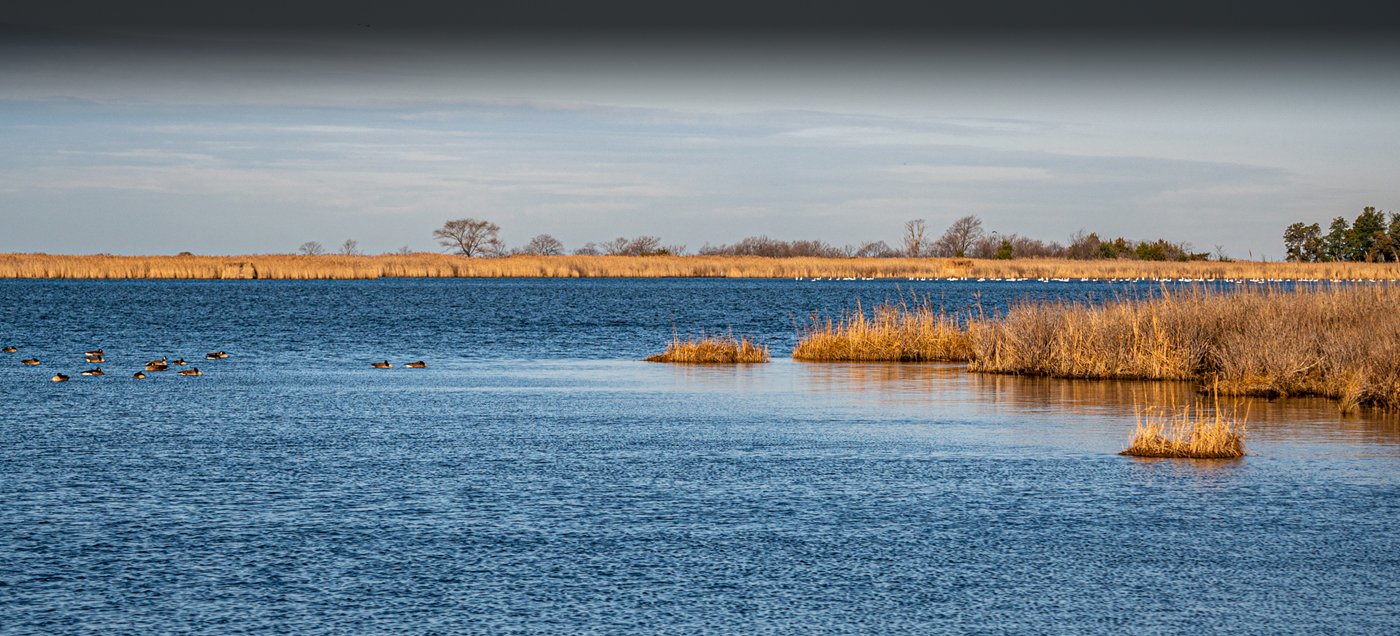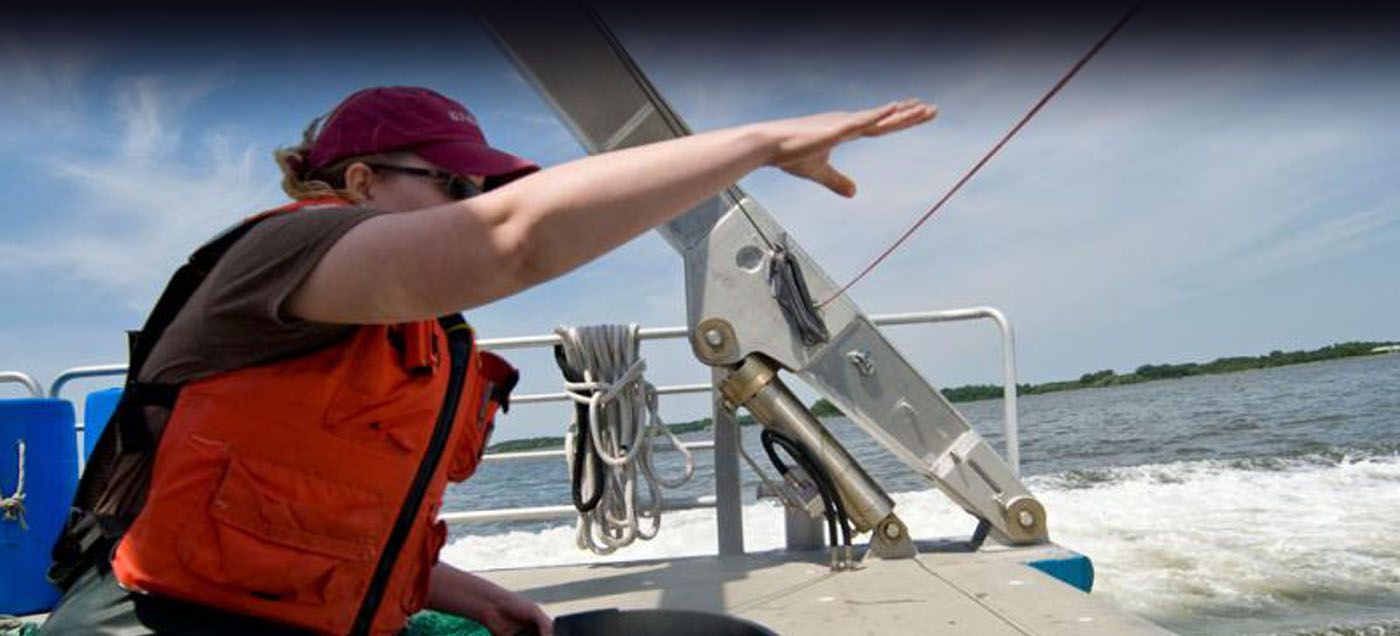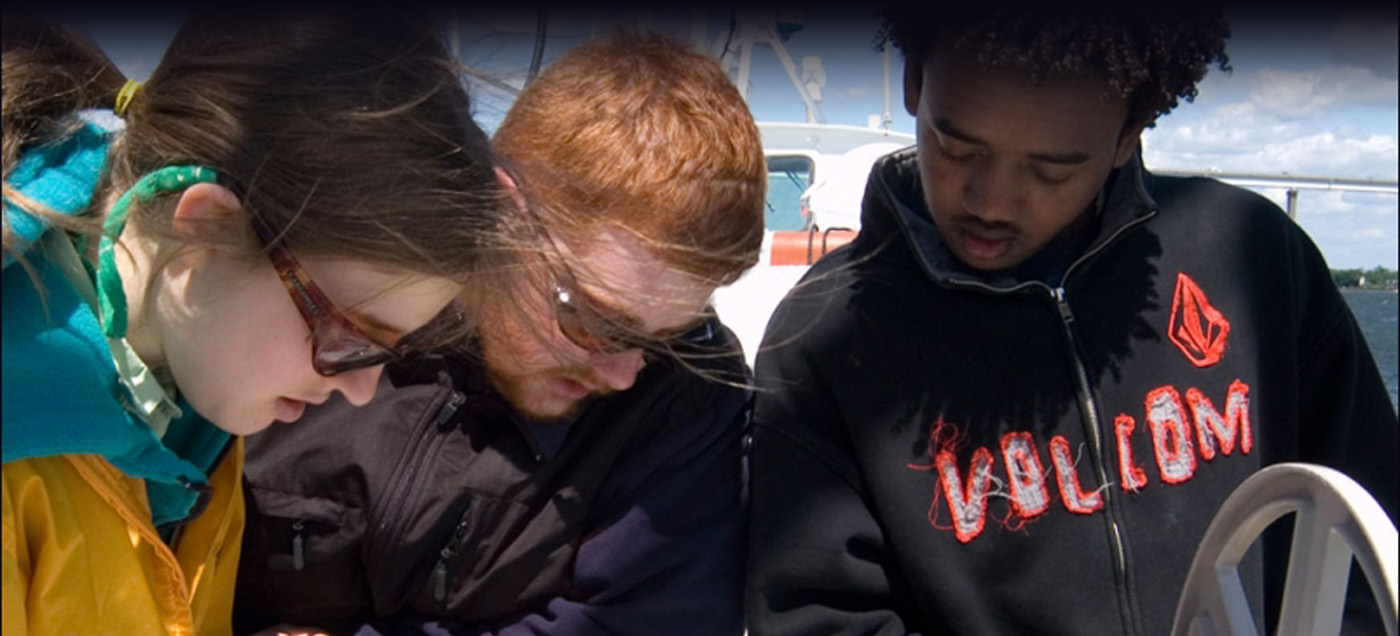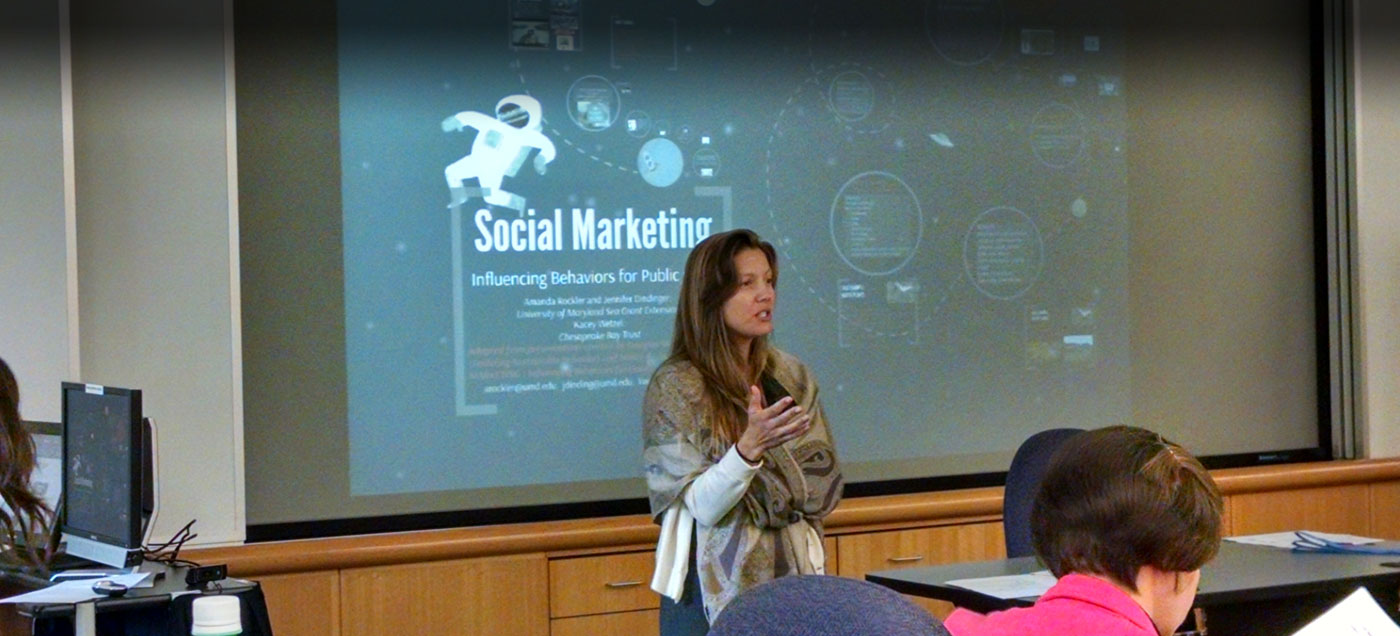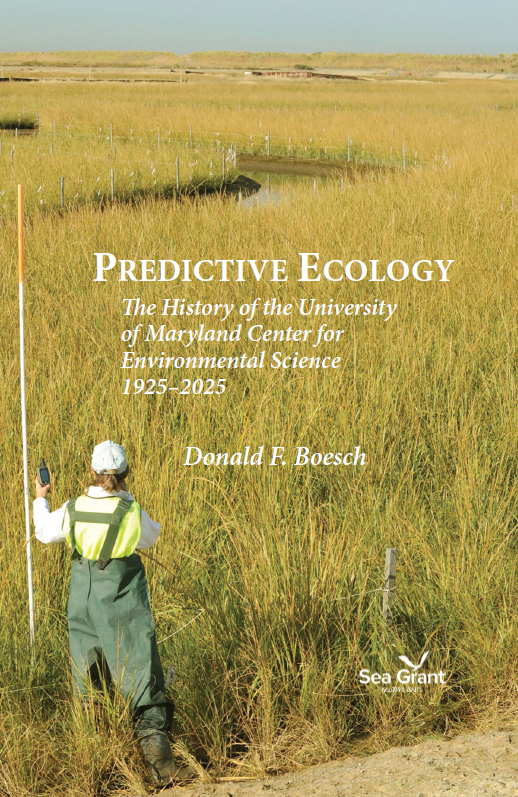Chesapeake Quarterly Magazine
Bay Blues: How Blue Catfish Are Changing the Bay (December 2024)
Invasive blue catfish have spread to most of the Chesapeake Bay's major rivers. This issue explores the problems and potential these fish bring to the region.


